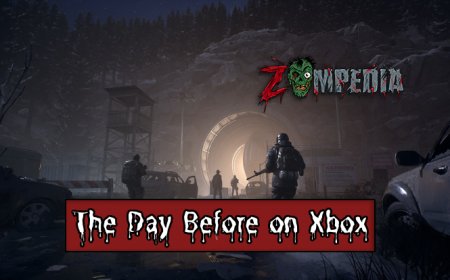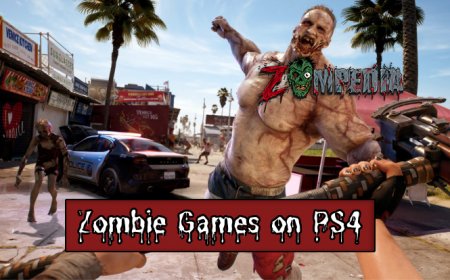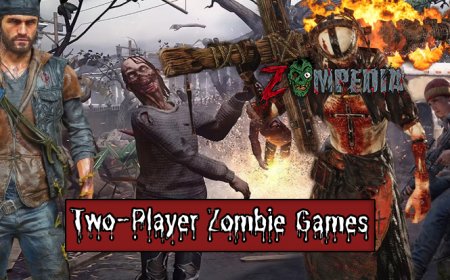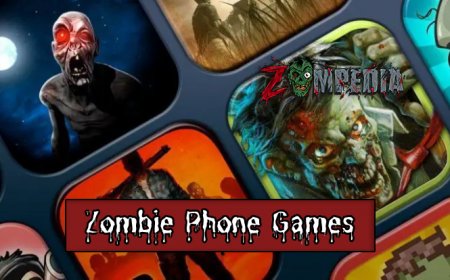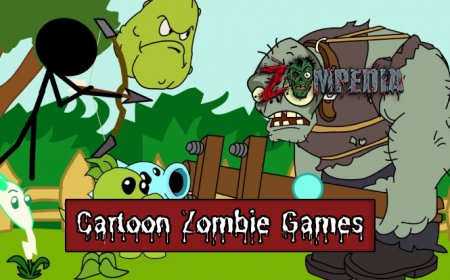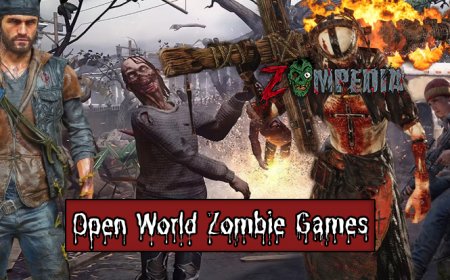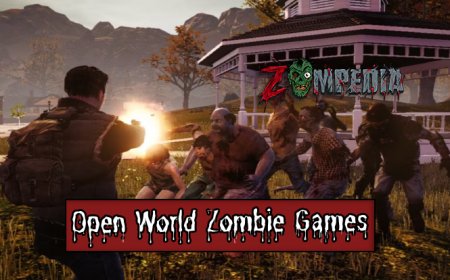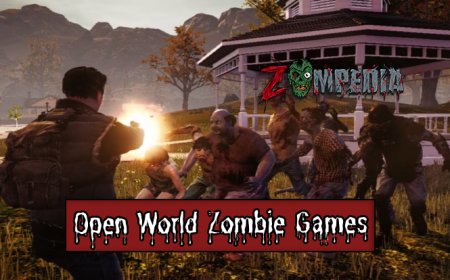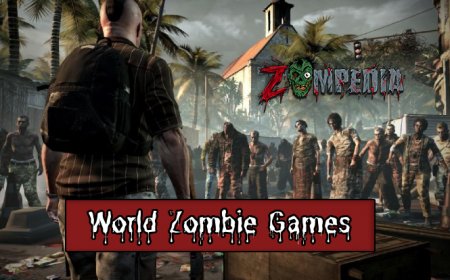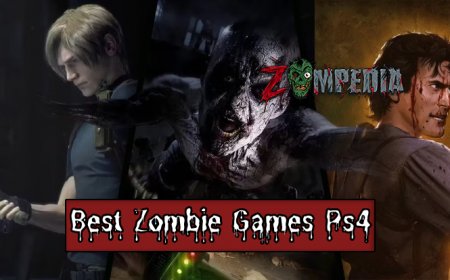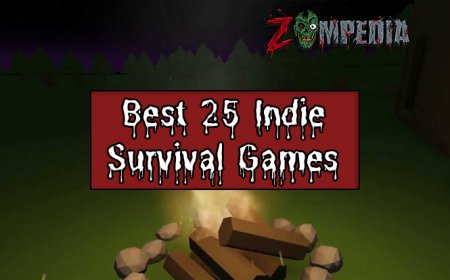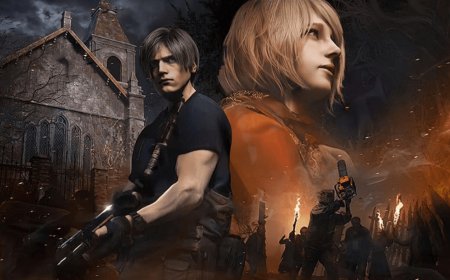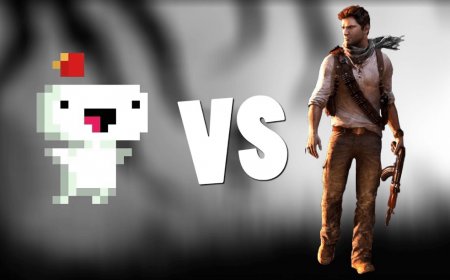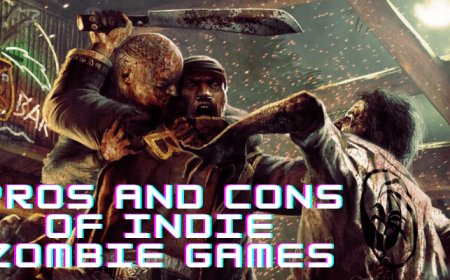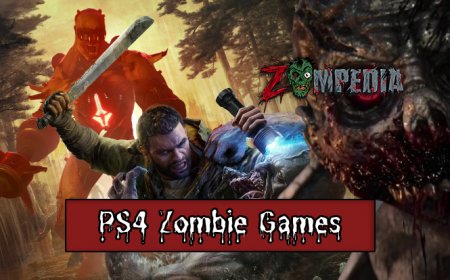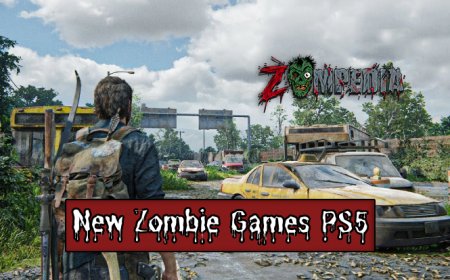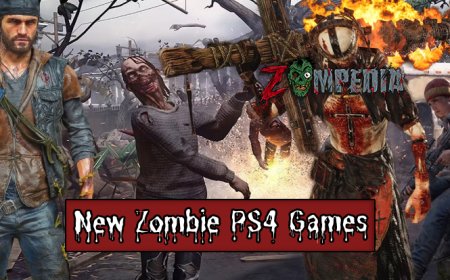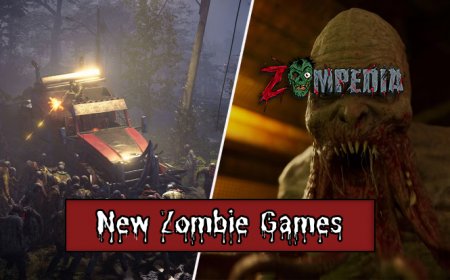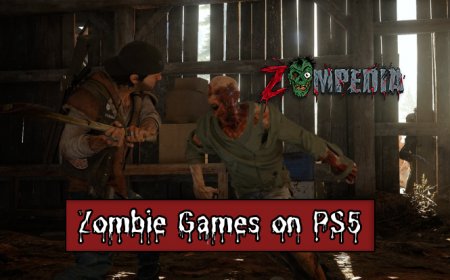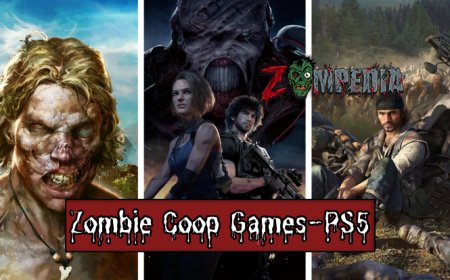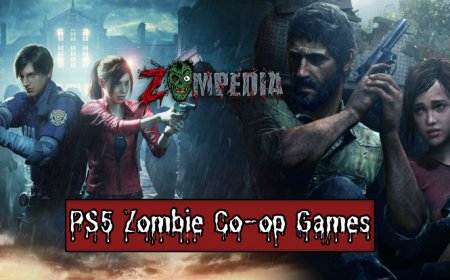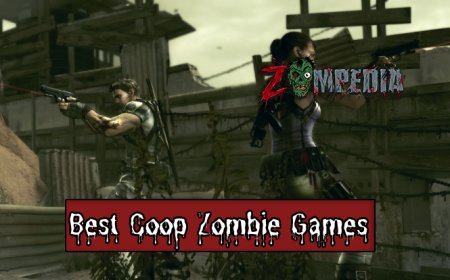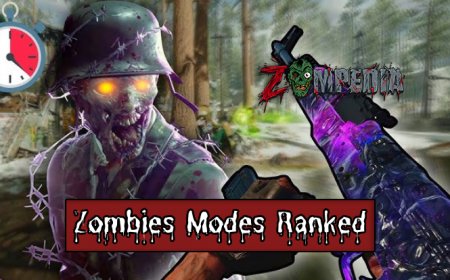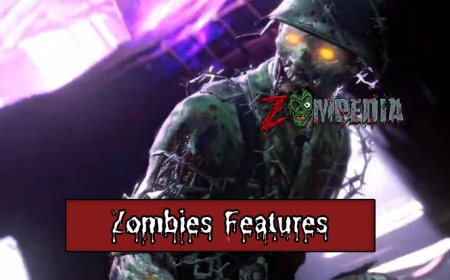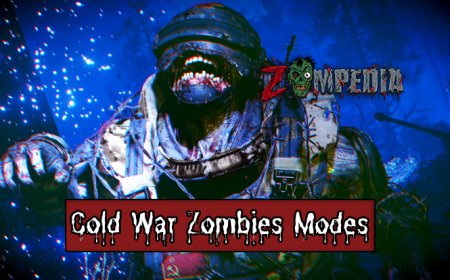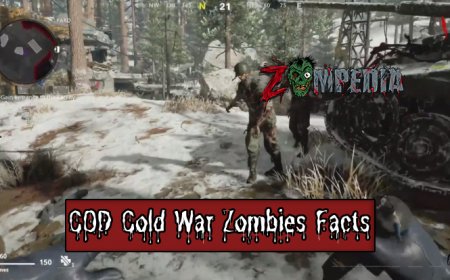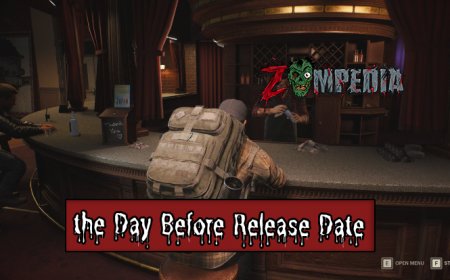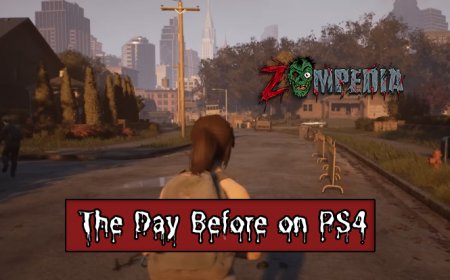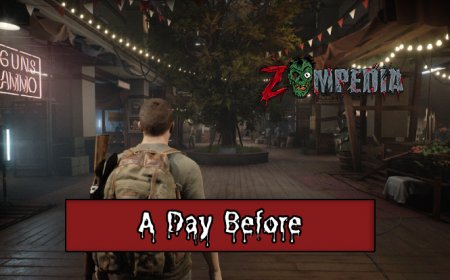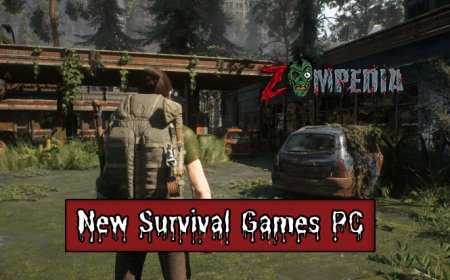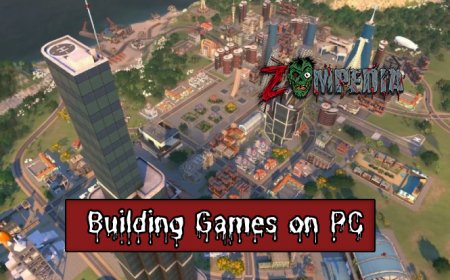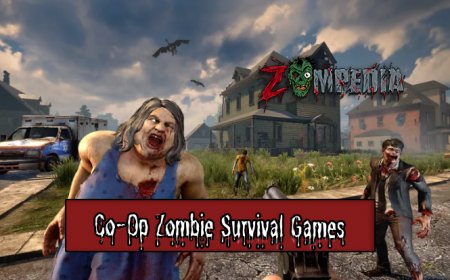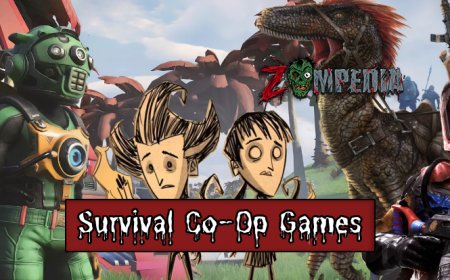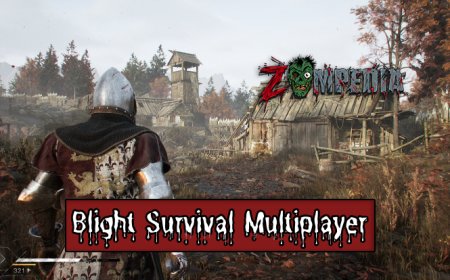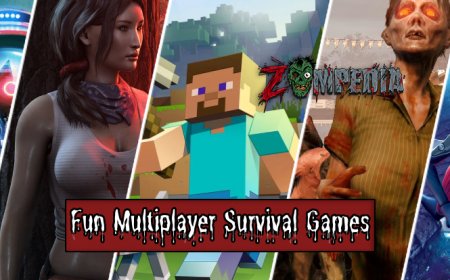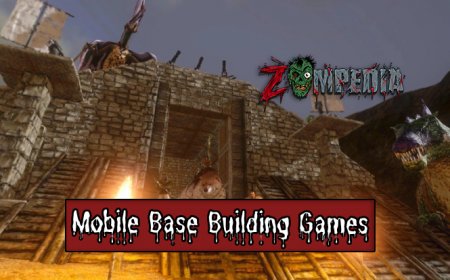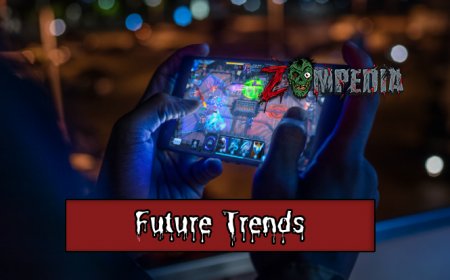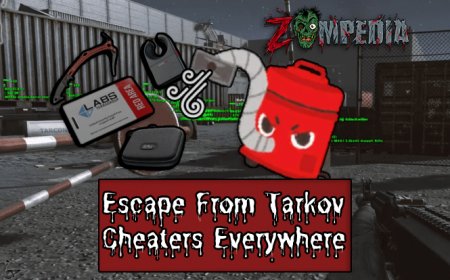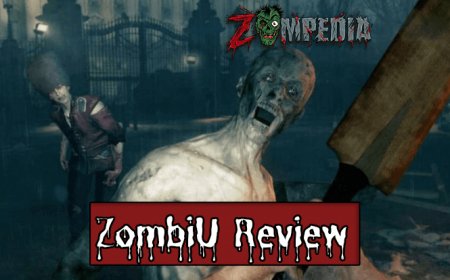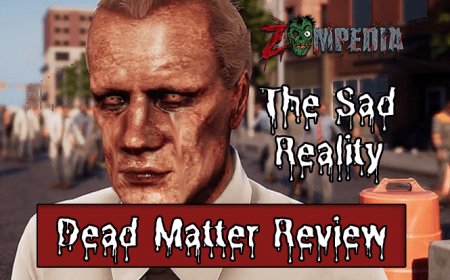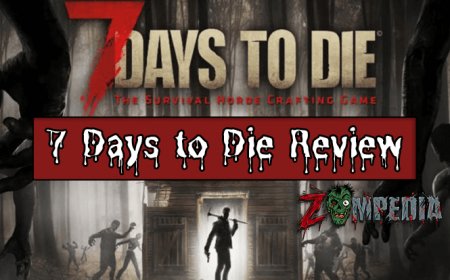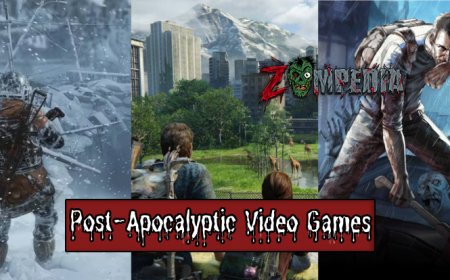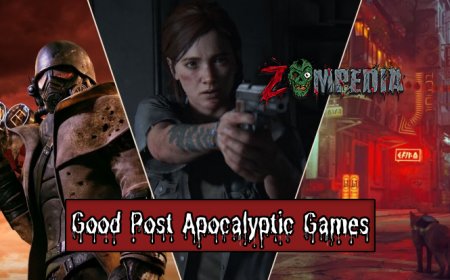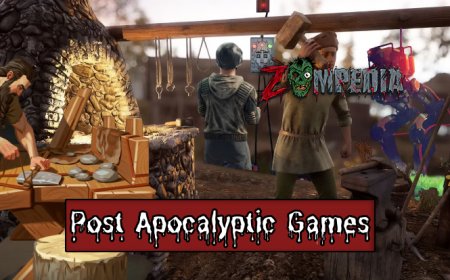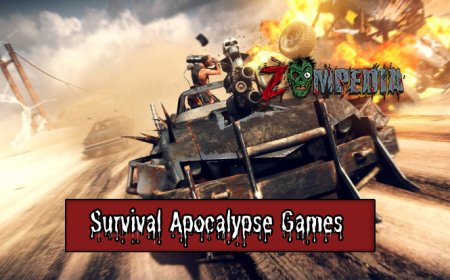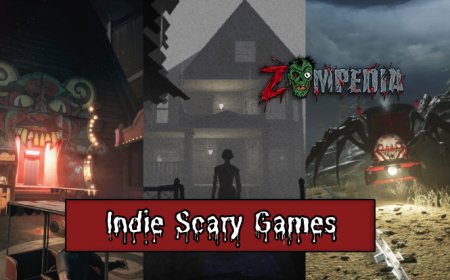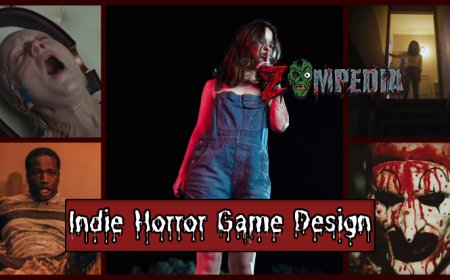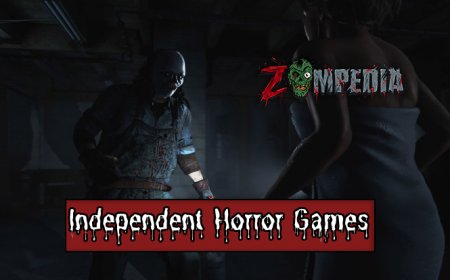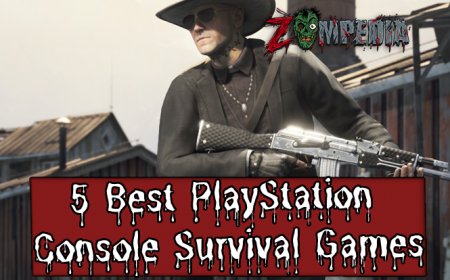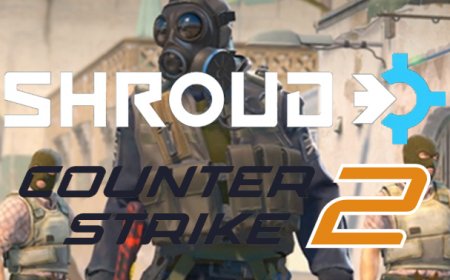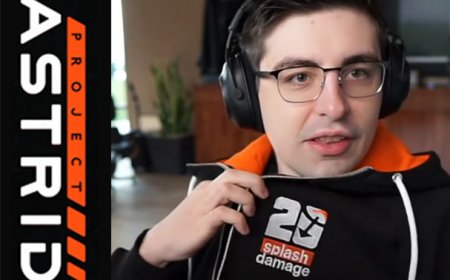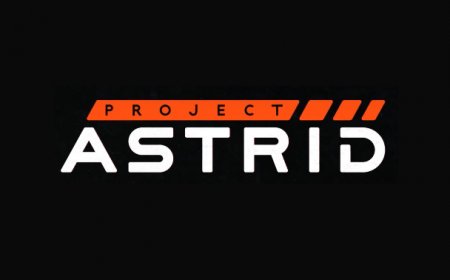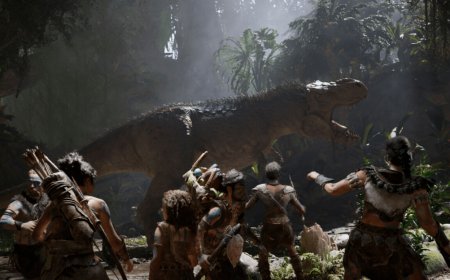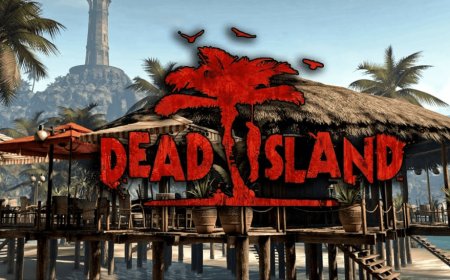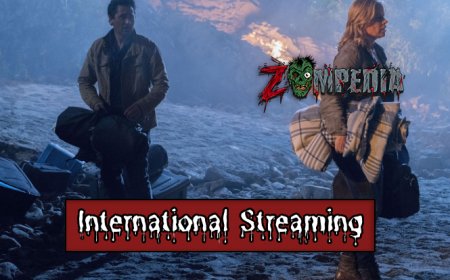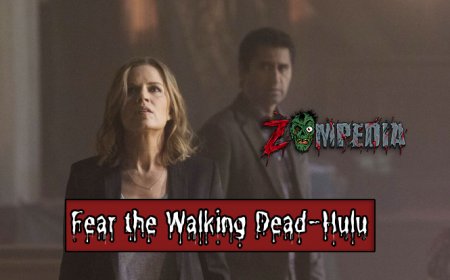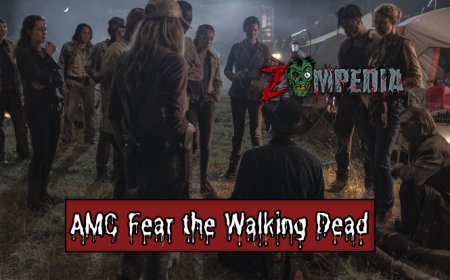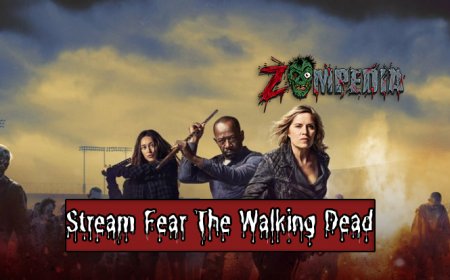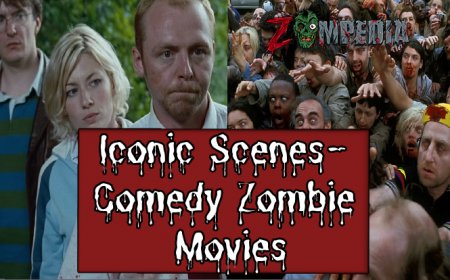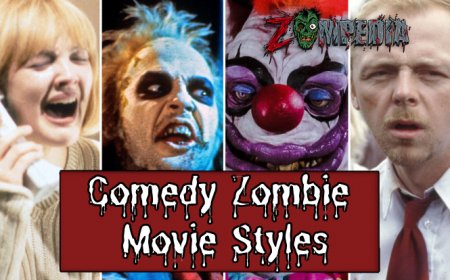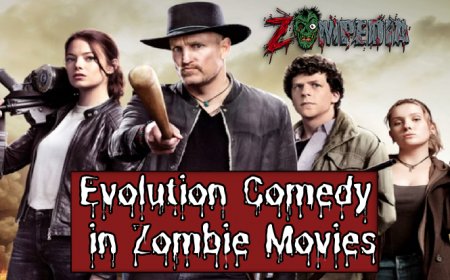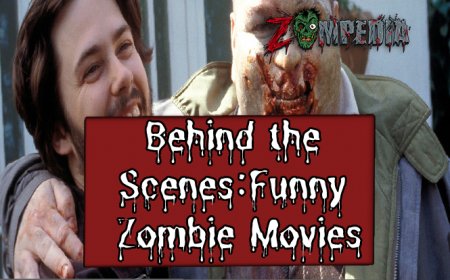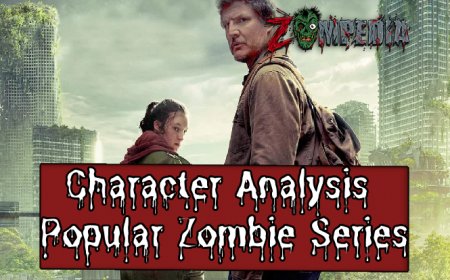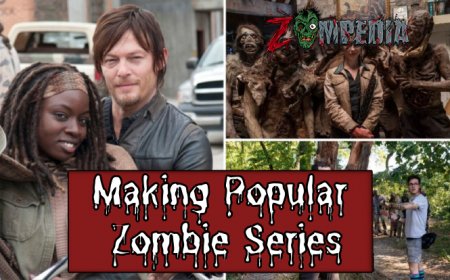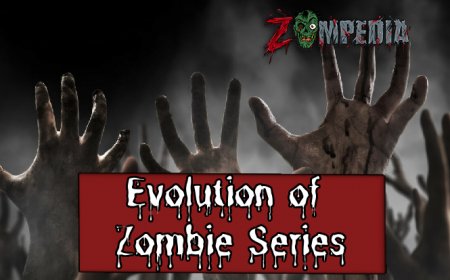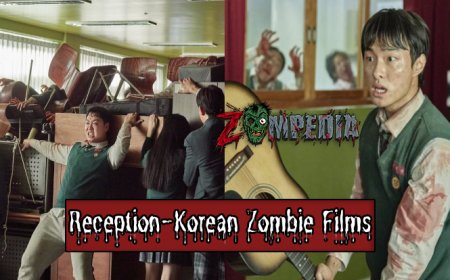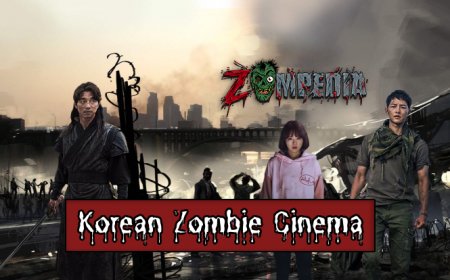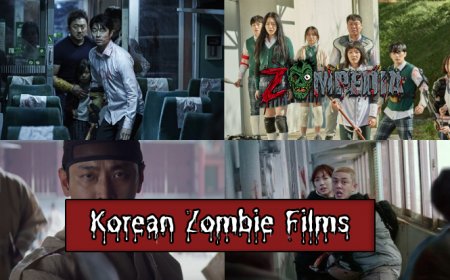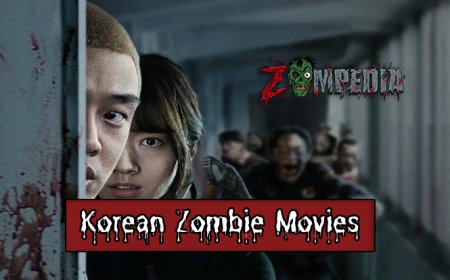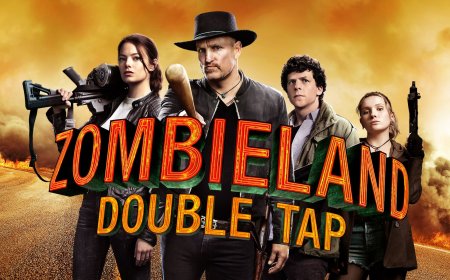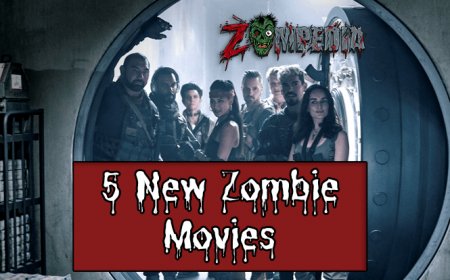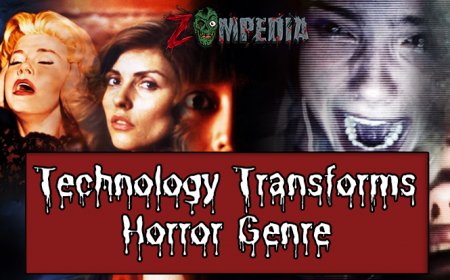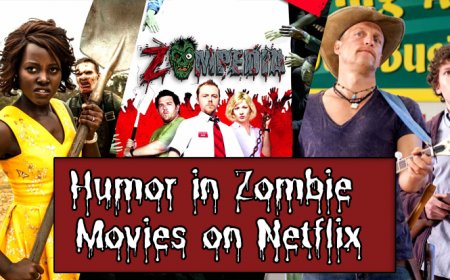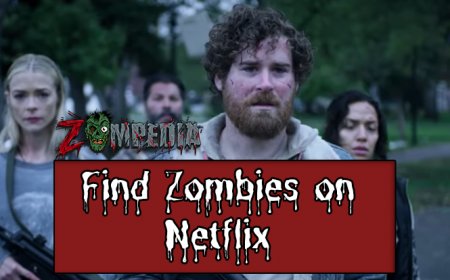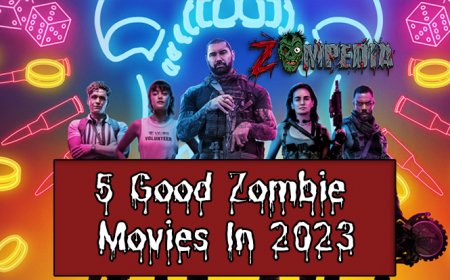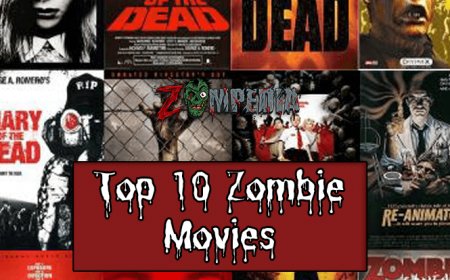Thematic Undercurrents in 90s Zombie Films
Explore the prevalent themes in 90s zombie films and how they reflected societal anxieties of the time.
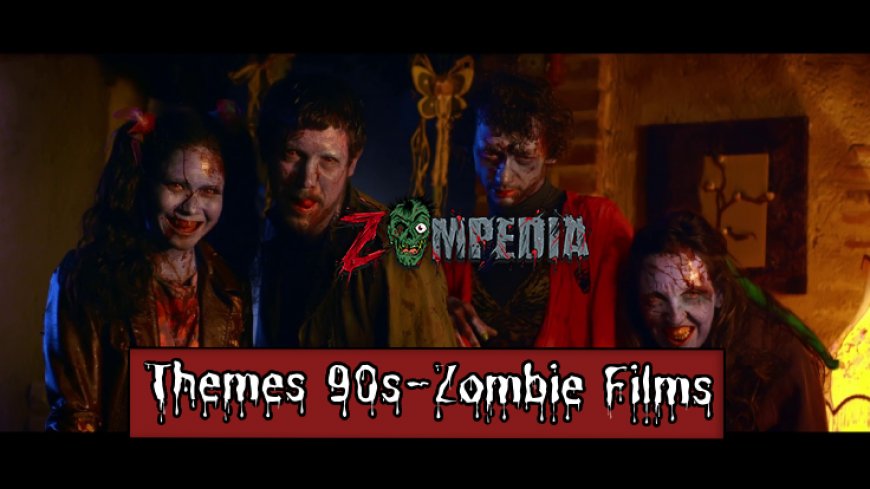
Exploring 90s zombie movies themes can be a deep dive into the zeitgeist of the era. Back then, an array of societal anxieties found startling expression in these ghoulish narratives. These films served not only as thrilling entertainment but also as a reflection of the prevailing fears and uncertainties during that decade.
Unveiling the Themes of 90s Zombie Movies
These films subtly grappled with an array of issues, from technology to societal breakdown, providing us with a window into the landscape of 90s society
Table of Contents
- Fear of Technology and Digitization
- Concerns about Government and Authority
- Environment and Decay
- Economic Uncertainties and Class Struggle
- Fear of The Other
- Individualism versus Society
- The Role of Violence
- Conclusion
Fear of Technology and Digitization
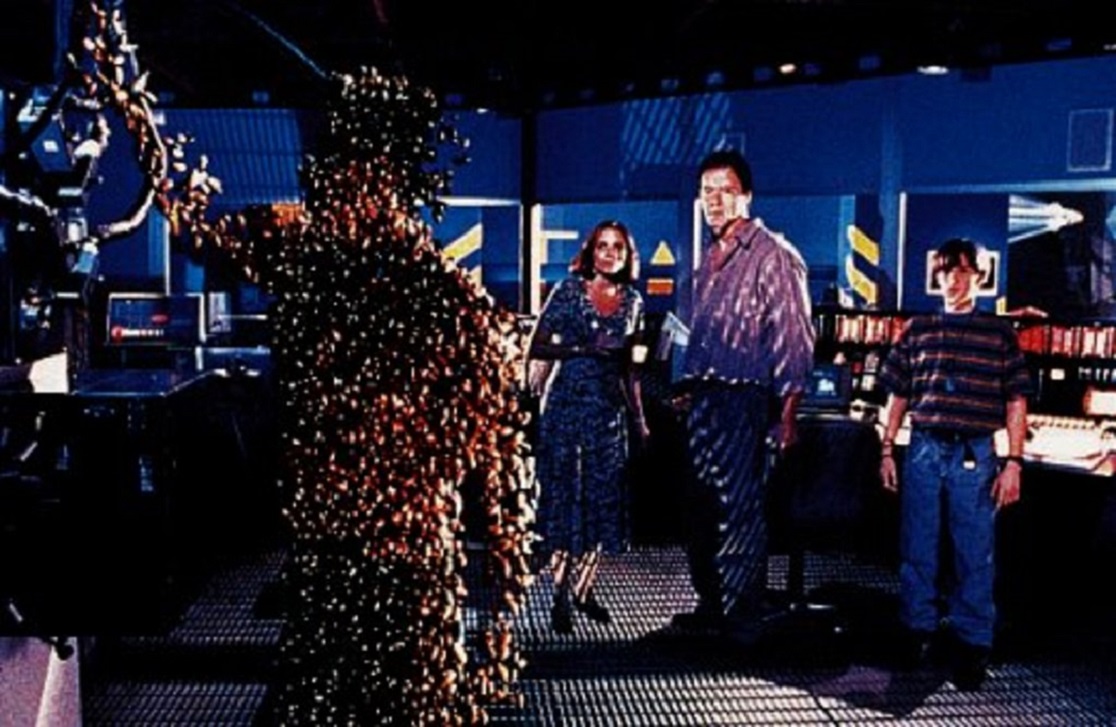
The 90s was a period of rapid technological development, a theme keenly reflected in the zombie movies of the era. This was an age when the internet was going mainstream and computers were becoming household items. Fears and anxieties around these advancements found expression in the zombie tropes - the undead often symbolizing the dehumanizing effects of excessive technologization.
- Ghost in the Machine (1993) is a notable example. The zombie in the movie is a digital entity, representing the fear that technology was evolving beyond our control.
- In Dead Man's Curve (1998), zombies are technologically engineered, unleashing chaos and symbolizing the unforeseen consequences of playing God with nature.
Concerns about Government and Authority
Distrust and skepticism towards the government and authority figures was another trend that emerged strongly in the 90s' zombie films.
Return of the Living Dead 3 (1993), for instance, has a military experiment that accidentally triggers a zombie outbreak. Films like this echo societal concerns about government transparency and the potential misuse of power.
Secrecy and Widespread Panic
In Day of the Dead (1995), underlines the theme of bureaucratic incompetence leading to devastation. The government’s attempt to suppress information about the zombie outbreak further inflames the situation and incites widespread panic.
Environment and Decay
Zombie movies are often set in post-apocalyptic worlds, depicting ruined cities and deserted, decaying landscapes. By the 90s, environmental concerns were gaining mainstream visibility, and zombie narratives reflected this anxiety.
Classic examples, like Resident Evil (1996), portray a world devastated as a result of environmental neglect and destruction. The dystopian settings and the omnipresent environmental decay mirror real-life concerns about our planet's well-being.
- Zombies: The Beginning (2007) touches on ecological collapse due to unchecked corporate greed.
- The Earth Dies Screaming (1964) focuses on the aftermath of a worldwide toxic gas attack, a clear nod to ecological disasters.
Economic Uncertainties and Class Struggle
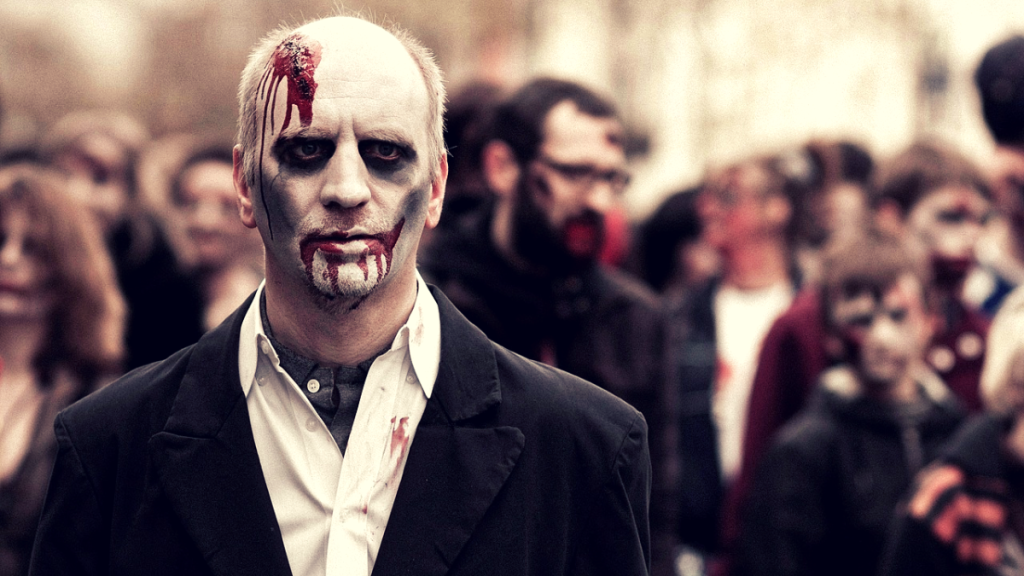
The mid-90s marked a noticeable shift in the zombie genre, with several films taking on a socio-political edge, reflecting the era's economic uncertainties.
The Gap between the Rich and the Poor
The zombie genre often portrayed the "survival of the fittest" narrative, where resources were scarce, and survival was a privilege of the few. Films such as The Battery (2012) and Dawn of the Dead (1978) explored class conflicts spurred by scarce resources, thus spotlighting the wealth inequality.
This is not an exhaustive list of the themes coursing through 90s zombie flicks. It, however, provides an appetizing glimpse into the thematic richness of these films and their stark relevance to the issues of the time. Tune in for the next segment, where we will delve into more of these fascinating themes.
Fear of The Other
Underlying many of the zombie movies during the 90s was our collective fear of the 'Other'. The concept of the 'Other'–> those who don't fit societal norms or perceived threats from people with different racial, social or political backgrounds. These movies served as cautionary tales about the consequences of social exclusion and discrimination.
- Nightmare City (1980) depicts the horrors of radiation, but the real highlight is the xenophobic undertones, highlighting societal anxieties around external threats.
- The movie The Return of the Living Dead (1985) chooses punk culture to exploit this fear of the 'Other'. The punk characters gradually turn into zombies; their transformation mirrors society's fear of counterculture.
Individualism versus Society
In the 90s, the zombie genre began to experiment, and one area where this was evident was the focus on the individual. In previous eras, the emphasis had been more on group survival, the banding together of survivors. However, the 90s saw a shift towards the individual struggle against both the zombies and society itself.
Moral Choices and Consequences
For instance, The Dead Next Door (1989) pits the goals of an individual against the needs of society, forcing the characters to make critical moral choices. We see the main character, Raimi, a zombie squad member, struggling with his role in the extermination of zombies when he discovers they can communicate.
The Role of Violence
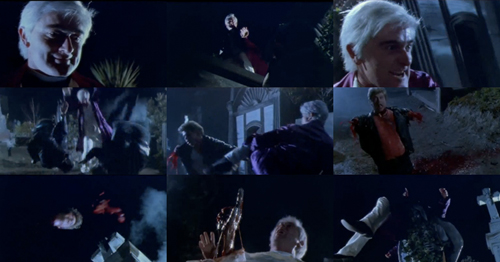
Zombie movies of the 90s also made a statement about our relationship with violence. The reanimated corpses in these films often became metaphors for the devaluation of life, forcing viewers to confront our desensitization towards violence.
Braindead (1992), also known as Dead Alive in North America, features over-the-top gore, viscerally reminding viewers about the gruesome reality of violence, which is often glamorized in media and society.
While the violent scenes in zombie films make for thrilling cinematic experiences, they also serve as grim reminders of the real-world consequences of violence and the impact it has on human lives.
Conclusion
As we bring this journey across 90s Zombie Movies Themes to a close, it's clear that these films are far more than mindless, gore-filled entertainment. They are direct reflections of societal anxieties of the time, tackling themes such as technology, authority, environment, economics, otherness, individualism, and violence.
These films, while entertaining us, also challenge us to think, reflect, and question our fears and prejudices. After all, the best horror films are those that not just scare us, but also make us think, long after the credits have rolled.
So the next time you pick a zombie flick from the 90s, look beyond the undead. You'll find a rich tapestry of themes and subtext that offer a thrilling exploration into the decade's psyche.
What's Your Reaction?







